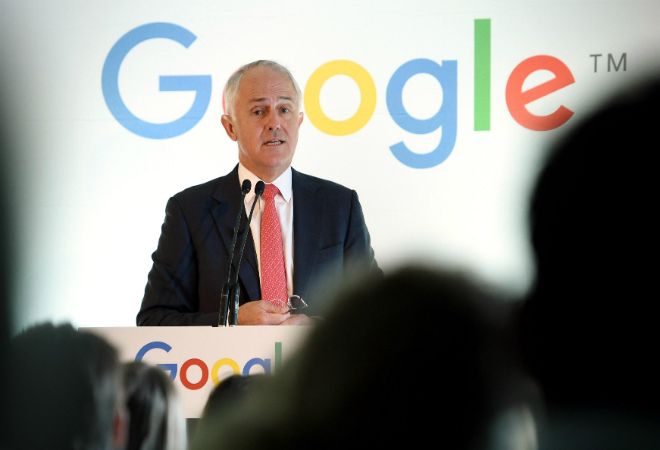An Oxfam report released this week has revealed that nearly AU$9 billion is being hidden by Australian-based multinationals in tax havens, money that could be spent on schools, hospitals and critical infrastructure in Australia.
According to the latest available data, tax haven use by Australian-based multinationals cost Australia around AUD$6 billion in lost tax revenue annually.
The report, The Hidden Billions – How tax havens impact lives at home and abroad, is being launched with an online poll that shows 90 percent of Australians polled think the Government should do more to stop multinational corporations avoiding paying tax in Australia and in every country in which they operate.
Oxfam Australia Chief Executive Dr Helen Szoke commented on the findings, saying that the report showed the public impact when big companies do the wrong thing and governments don’t intervene and stop them.
“The Oxfam report, for the first time, puts dollar figures on what Australians and poor people in our region are missing out on because Australian-based multinational companies aren’t paying their fair share of tax like the rest of us,” Dr Szoke said.
In the 2016 Federal Budget, the Government announced that they will fund $679 million into a Tax Avoidance Taskforce to crack down on tax avoidance by multinationals, private companies and wealthy individuals.
In his budget speech, Treasurer Scott Morrison announced the taskforce which will “secure more revenue for the Australian community and bring tax cheats to account”.
The Government also confirmed that it will adopt a Diverted Profits Tax (DFT), also referred to as the “Google Tax”, to impose a penalty rate of tax for large multinationals that shift their Australian profits offshore. The DFT is expected to raise $200 million in tax revenue.
The crackdown builds on measure implemented in the 2015 Budget and the Government’s Multinational Anti-Avoidance Law, whereby companies with global revenues exceeding $1 billion are penalized for tax avoidance.
“These measures will raise an additional $3.9 billion in revenue over the next four years, helping us to reduce the tax burden on hard-working Australians and small business,” said Morrison.
The Oxfam-commissioned poll showed that 60 percent of Australians polled believe the main thing the Federal Government should do to raise revenue is crackdown on tax avoidance by multinationals.
90 percent of Australians polled believe the Federal Government should legislate to prevent all multinationals operating in this country from moving their profits to tax havens to avoid paying tax here.
Calling for more transparency and accountability, 87 percent think that those Australian companies who operate in developing countries and in Australia should publicly report their earnings and how much tax they pay everywhere.
The report found that use of tax havens overseas by big businesses based in Australia would cost developing countries AUD $5.6 billion in desperately needed revenue for essential public services over the next five years, including many of Australia’s poorest neighbours.
“Over the next five years, it’s estimated that Indonesia will be deprived of around AUD$493 million that could have gone towards education, and PNG stands to lose around AUD$23 million in expenditure on essential services such as hospitals, schools and sanitation,” Szoke said.
“Our research relies on IMF data, which shows the flow of money from Australian-based multinationals. Unfortunately, there is no way to find out which individual companies are dodging tax, as they’re not required to publish their tax affairs on a country-by-country basis.”
Szoke said this lack of public reporting enabled big companies to hide billions of dollars they should be paying in tax.
“Other countries, including the US, France and Canada, have made tax reporting public for high-risk sectors in big business, such as for mining companies and big banks; it’s time Australia caught up,” she said.
Image sourced: Dan Himbrechts, AAP









































Trending
Weekly business news and insights, delivered to your inbox.